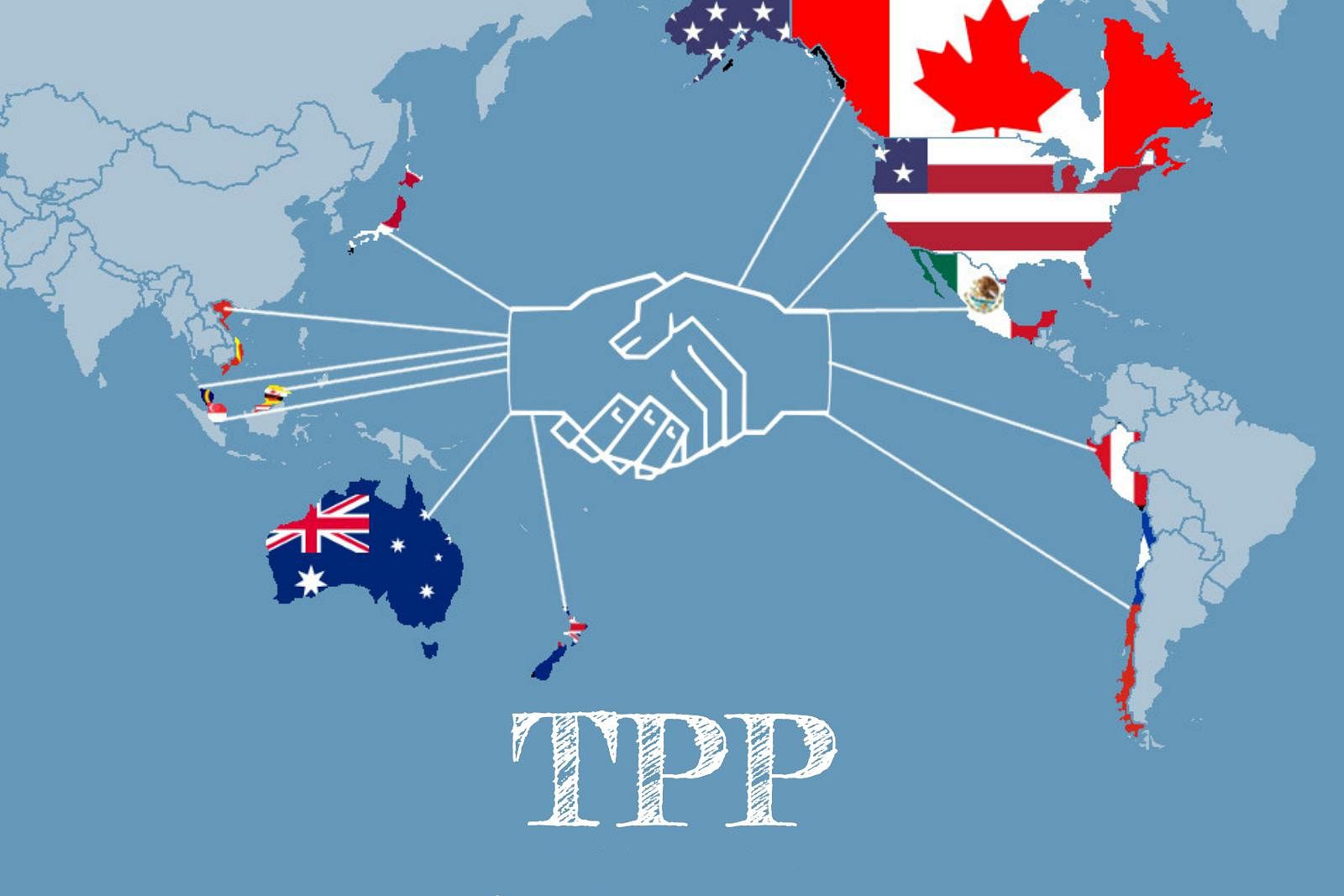On Monday, officials from 12 Pacific Rim nations reached an agreement on the Trans-Pacific Partnership, the largest regional trade agreement to date.
Related Articles:
- Why The TPP Agreement Could Be Huge For Vietnam
- Vietnam And EU Sign Off On Sweeping Free Trade Agreement
- TPP Deal Could Add 30% To Vietnam’s GDP
The agreement comes after years of negotiations that saw member countries wrestle over everything from pharmaceutical patents to catfish exports.
According to the New York Times, the agreement will now head to the U.S. congress for what is expected to be a fierce debate. If passed, it would mark a major accomplishment for President Obama who has long championed the deal wrote the paper.
“Still, for Mr. Obama the accord could be a legacy-making achievement, drawing together countries representing two-fifths of the global economy, from Canada and Chile to Japan and Australia, into a web of common rules governing trans-Pacific commerce. It is the capstone both of his economic agenda to expand exports and of his foreign policy “rebalance” toward closer relations with fast-growing eastern Asia, after years of American preoccupation with the Middle East and North Africa.”
At a conference in Saigon earlier this year, Charles H. Rivkin, the US Assistant Secretary of State for Economic and Business Affairs, said that if passed, the TPP is expected to add 30% to Vietnam’s GDP over the next 10 years.
Rivkin added that though Vietnam has the smallest economy of the 12 nations involved in the free trade deal, it stands to reap huge economic benefits as it would be integrated into global supply chains, adding that US President Barack Obama and US Secretary of State John Kerry would like to enact the TPP before they leave office in 2016, Vietnam Plus reported in June.
News of yesterday’s agreement has already resulted in a boost for Vietnam's sovereign bonds due 2024.
Dr. Vo Tri Thanh, deputy director of the Central Institute for Economic Management welcomed the news. “It will help increase Vietnam’s exports, foreign investment and an impetus for the country to change its development model,” Dr. Thanh said, adding that “The TPP comes just in time as Vietnam needs a motivation for changes that will lead to sustainable development.”
The TPP, however, is not without its critics.
Nobel Prize-winning economist, Joseph Stiglitz, has taken issue with the increased powers given to corporations under the agreement, saying: “Even people who are arbitrators say the whole system is corrupt, that it’s a very expensive system, that therefore creates an un-even playing field with big corporations with big, deep pockets can get access to have recourse, whereas smaller firms can’t.”
MIT professor, Noam Chomsky, has widely panned the deal, stating that it is “designed to carry forward the neoliberal project to maximize profit and domination, and to set the working people in the world in competition with one another so as to lower wages to increase insecurity.”
[Photo via Viet Giai Tri]














